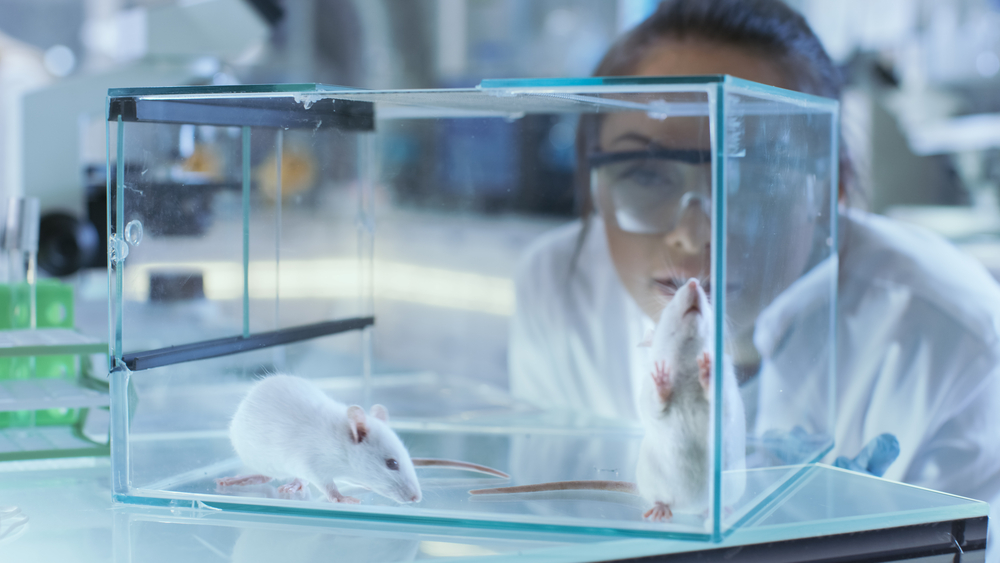Limited Use of Large Muscles Affects Health of Nerve Cell-producing Stem Cells in Brain, Mouse Study Finds
Written by |

Lesser time spent exercising and using large muscles can result in serious alterations in the metabolism of brain stem cells and their ability to generate new nerve cells, a study suggests.
These findings can help to explain why patients with neurological disorders, such as multiple sclerosis and spinal muscular atrophy, often rapidly decline once their movement becomes limited.
The study, “Reduction of Movement in Neurological Diseases: Effects on Neural Stem Cells Characteristics,” was published in the journal Frontiers in Neuroscience.
Health benefits of physical activity are widely recognized. Exercise bolsters blood flow and triggers chemical releases that improve a person’s mental health by easing anxiety or depressive symptoms, and improving self-confidence. But it can also change our body’s metabolism and overall immune system response, significantly reducing the risk of fractures, cardiac diseases, and other conditions.
Studies have shown that exercise improves motor symptoms and quality of life for MS patients, as it can also help the brain to repair. To better understand how between physical exercise and movement benefits brain health, researchers in Italy conducted a study in mice.
They restricted mice from moving their hind legs for 28 days, but without affecting their normal eating and grooming activities. Next, they evaluated the sub-ventricular zone of the brain in these mice, the area where neural stem cells that produce new nerve cells reside.
They found that animals with restricted movement had 70% fewer neural stem cells with the capacity to proliferate, compared to the same cells in mice with unrestricted movement. Stem cells collected from the exercise-deprived mice also showed an impaired potential to produce mature nerve cells.
Further experiments revealed that the impaired activity of the neural stem cells was accompanied by significant changes in the levels of several genes and overall metabolism. In particular, a gene called CDK5Rap1, which is very important to mitochondrial health (mitochondria being energy-producing organelles of a cell), was significantly affected by the lack of motor activity. This can in part explain the reduced metabolism of these neural stem cells and their lesser activity.
Collectively, these findings demonstrate that the use of large muscles like those of the legs, particularly in weight-bearing exercise, triggers signals to the brain that are essential to supporting the health of neural stems cells required for a healthy nervous system.
“Our study supports the notion that people who are unable to do load-bearing exercises — such as patients who are bed-ridden, or even astronauts on extended travel — not only lose muscle mass, but their body chemistry is altered at the cellular level and even their nervous system is adversely impacted,” Raffaella Adami, a researcher at the Università degli Studi di Milano and the study’s lead author, said in a news release.
“It is no accident that we are meant to be active: to walk, run, crouch to sit, and use our leg muscles to lift things,” Adami added. “Neurological health is not a one-way street.”


